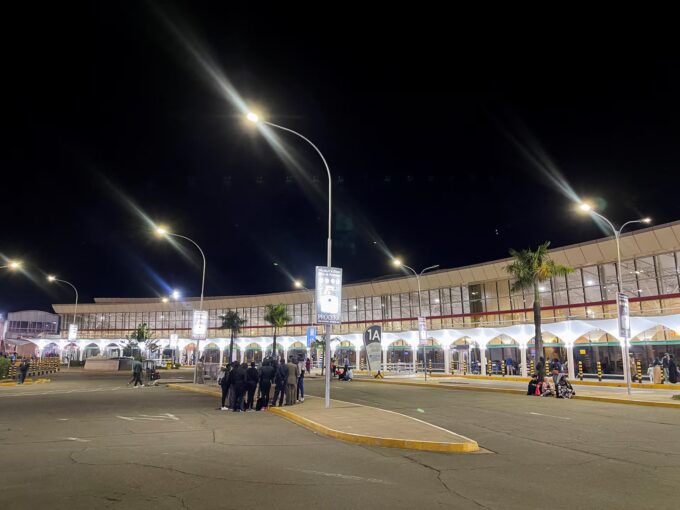A groundbreaking partnership between UNICEF Zimbabwe and Wild Horizons is setting a new standard for climate resilience and sustainable education in Zimbabwe. The two organizations have signed a Memorandum of Understanding (MOU) to deliver clean water, renewable energy, and eco-friendly infrastructure to schools and communities around Victoria Falls.
The initiative, hailed as a model of public-private collaboration, will see solar-powered, multi-sectoral water systems installed in three schools — Mkhosana Adventist, Ndlovu, and Sizinda. These systems will not only provide safe drinking water but also improve sanitation, boost nutrition through school gardens, and support health facilities, including the Ndlovu maternity ward.
UNICEF Zimbabwe Representative Etona Ekole described the partnership as a milestone in sustainable development. “This partnership is a powerful example of how business and development can come together to create sustainable solutions for children and their communities,” Ekole said. “By combining UNICEF’s child-focused programming with Wild Horizons’ environmental and community-driven approach, we are building models of climate resilience that can be scaled across Zimbabwe.”
For Wild Horizons, a tourism and conservation leader already supporting 44 schools through its Corporate Social Responsibility (CSR) initiatives, this partnership expands its footprint in community empowerment. “Wild Horizons is built on the foundation of community,” said CEO Gary Archer. “This partnership with UNICEF allows us to expand that commitment—ensuring healthier schools, stronger families, and a greener future.”
The collaboration directly tackles the pressing challenges of water scarcity, climate change, and fragile infrastructure that many schools in Victoria Falls face. By using renewable energy to power water systems, the project will deliver broad benefits — from improved hygiene and menstrual health management to reduced absenteeism among students, especially girls.
Beyond access to clean water, the schools will develop solar-irrigated gardens, enhancing food security and introducing learners to climate-smart agriculture. The project will also create youth employment opportunities, as Wild Horizons provides technical training in solar and water technologies to equip young people with skills for sustainable livelihoods.
The broader goal is to support Zimbabwe’s Clean Green Initiative and the national climate adaptation agenda, while also aligning with the Zambezi River Basin regional framework, which impacts more than 41 million people across eight countries.
If successful, this partnership could serve as a blueprint for national scale-up extending to all 44 schools already supported by Wild Horizons and complementing UNICEF’s other collaborations with KOICA, FCDO, TUI Care Foundation, and Welthungerhilfe (WHH).
By blending innovation, education, and sustainability, the UNICEF–Wild Horizons partnership is not just transforming schools it is empowering communities, protecting the environment, and shaping a greener, more resilient future for Zimbabwe’s next generation.












Leave a comment